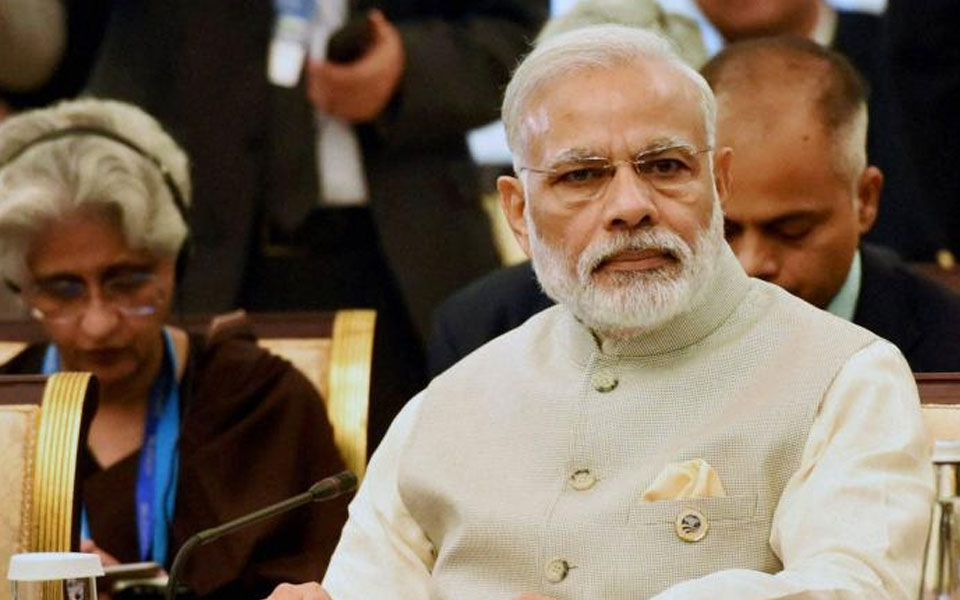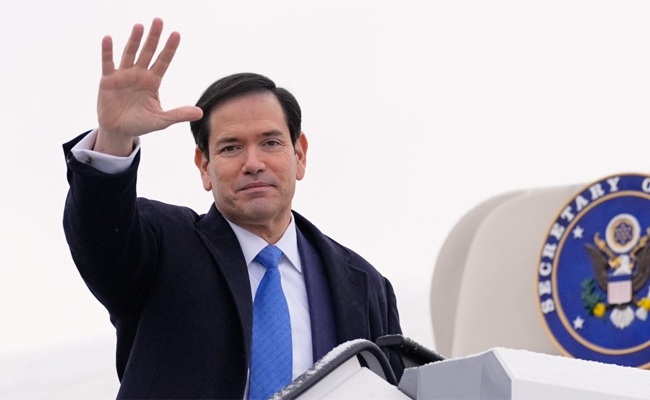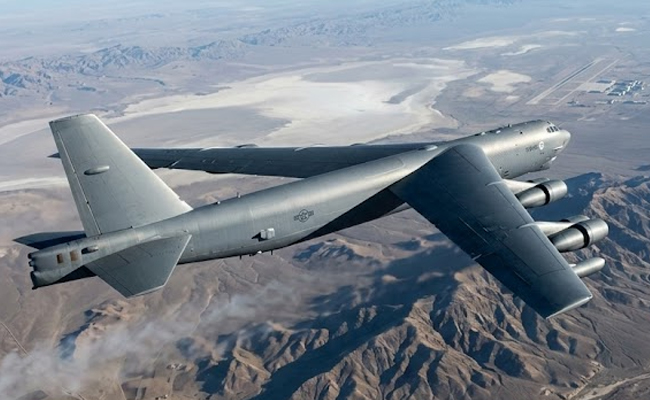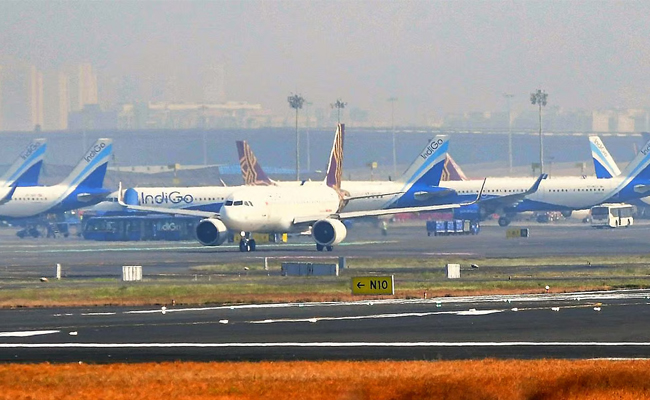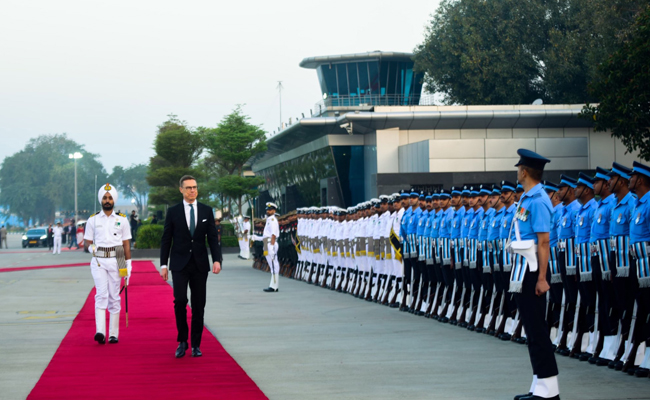Hell bent upon saffronising every aspect of the public life and government machinery, the Narendra Modi headed NDA government has decided to open up lateral entry to various high profile posts in various fields such as Agriculture, economic sector and infrastructure among the others.
This has opened doors of opportunity to 10 posts of joint secretaries, to experts working in private sector. This has given rise to a lot of mixed reactions in political and social spaces. While some feel this is a good move, the others are not very comfortable with this idea.
The government has called applications for these posts through advertisements in staff and training advertisement manuals of central government on June 10. Experts over 40 years of age, with 15 years of work experience in private sector or MNCs can apply for the job of joint secretary.
The corporate sector has welcome this move with great enthusiasm stating this is one way of changing the dynamics of work ethics within government offices. This move of lateral entry is not a new one. The first administrative reforms committee had, in fact, recommended this way back in 1965. However, this was not implemented. Recruitments of Montek Singh Ahluwalia, Vijay Kelkar, Arvind Subramanya among others were made under extraordinary and rare circumstances.
Defence for this kind of appointment is that this would help improve the style of administration in government offices, and that of government itself. This step has been taken owing to the fact that work is not progressing adequately enough by the current workforce to match pace with liberalization and the changes it has brought.
This decision of lateral entry has given rise to another controversy for Modi government especially at the time when the government is facing rumours of increasing saffronisation, and high interference by Sangh Parivar. The opposition parties have spared no time in criticizing this, without making a sound argument against it. There is no proper reasoning to this criticism and hence the central government is bound to ignore this. And this is a concerning factor. Hence, general public are not too convinced about the negativity of this measure.
The government has explained its case well, even if a bit far from the truth that there is no efficient workforce at the execution level of the government machinery. Hence professionalism needs to be brought in through various players from private sector who come with great work ethics. That does not necessarily mean all those who worked in private sector have shown exemplary commitment to work. Though the reason is not far from the truth, it is not entirely true either.
All those who showed great efficiency in their private sector role does not mean they will bring the same value when they enter the government set up. They may not even have same level of responsibility and security as those who have been appointed by the formal mode. However, one cannot ignore the undisclosed underlying plan in this step, that’s not evident right now.
These appointments may be as good as the negative effects of hasty and unplanned execution of demonetization and GST. It will not be a huge surprise if the government made these appointments to cover up its lacunae and resort to these gimmicks for the time being. Lateral entry recruitments are not a joke. They impact the lives of all 130 crore Indians.
Though we cannot be sure of all the administrative officers being totally pro-people through their works, they are a lot better than the experts from private sector who have no experience in public facing jobs. There is no guarantee about their work commitment either.
But having people occupy vantage positions in the government would mean the secrets of this government remain within the corridors of power. Except for science and technology, other government departments have been using the expertise of IAS or equivalent officers from centre and states. Though their power-asserting conduct has not been exactly desirable, their expertise has often helped people. They have been elevated on the basis of their work experience and they have contributed significantly to the administrative machinery during their tenure.
But, who will the private sector experts who enter the government machinery through lateral entry mechanism will have to pledge their loyalty to? Would they be loyal to the party that appoints them or to the company that gave them the expertise and growth during their stay in corridors of power? Among the appointments made by the Modi government to research institutions, higher education institutions and universities, the most common factor has been that all those people had shown unflinching dedication to their Sangh background. That was the sole qualifying factor too.
One need not be surprised about the same parameter in place to appoint people to high posts. Modi government is known for its capitalist favouring stances. It is rather obvious that those people who would be appointed to high offices will stay loyal to their bosses – Ambani, Adani among the ‘close ones’. All the decisions such officers make will be in the interest of capitalists and not the urban or poor or any other deserving category. The damage that would be meted out when people favoured by Advani/Adani etc sit in high offices. Ever since it came into power, the Modi government has made no bones about the preferences. This apart economic liberty has been long compromised with safeguarding corporate interests.
Every decision taken by this union government is aimed at protecting the interest if corporate companies. The same agenda may work in this condition too. Most of the experts appointed into high offices by Modi government would naturally nurse soft corner about the ruling party. Almost all of them will come from upper class/caste and will also share Sangh Parivar background. One needs to think about the impact of having such people occupy high offices. People and organisations with social concern need to oppose such lateral appointments.
Let the Truth be known. If you read VB and like VB, please be a VB Supporter and Help us deliver the Truth to one and all.
Washington: Tensions rose at the US Capitol on Tuesday as lawmakers sought clearer answers from the Trump administration on the objectives, duration and costs of the ongoing military campaign against Iran, even as preparations advanced for votes aimed at curbing the president’s war powers.
Senior officials, including Secretary of State Marco Rubio, briefed members of the House and Senate for a second consecutive day behind closed doors, as reported by the Associated Press. The sessions came ahead of votes on war powers resolutions that would limit President Donald Trump’s authority to continue joint US-Israel operations without congressional approval.
Rubio told reporters that the president acted to prevent Iran from striking first. He rejected suggestions that Washington moved only because Israel was poised to launch its own offensive, saying instead that Trump believed the weekend presented a rare opportunity to act with maximum impact. “There is no way in the world that this terroristic regime was going to get nuclear weapons, not under Donald Trump’s watch,” Rubio said.
ALSO READ: BLR airport sees 34 int'l flight cancellations amid Middle East crisis
The conflict has widened following US and Israeli airstrikes on February 28 that killed Iran’s Supreme Leader, Ayatollah Ali Khamenei. Iran has since launched missile attacks targeting US military bases in the region. At least six American service personnel have died so far.
The administration has indicated that supplemental funding may be required to sustain operations. It added that the concerns among lawmakers about the financial burden and potential for a prolonged engagement has disrupted legislative business, sharpening political divisions at the start of a competitive midterm election cycle.
Associated Press cited Senate Democratic Leader Chuck Schumer’s concerns about what he described as possible “mission creep.” Senator Angus King questioned whether the United States had been drawn into war at Israel’s urging, while Senator Elizabeth Warren asked how the campaign aligned with Trump’s “America First” pledge to avoid extended foreign conflicts.
Defence official Elbridge Colby told senators the president had directed the military to degrade Iran’s missile capabilities and prevent it from acquiring nuclear weapons, stressing that the objective was not nation-building. Trump, speaking separately from the Oval Office, dismissed claims that Israel had forced his decision and suggested the conflict could continue if necessary. He has not ruled out deploying US ground troops.
Senator Richard Blumenthal was quoted by Associated Press as saying that he feared the possibility of American boots on the ground while Republican Senator Markwayne Mullin defended the operation, saying the president had acted decisively.
Uncertainty over Iran’s future leadership has added to concerns, with questions mounting about who might succeed Khamenei as Trump rejected the idea of backing Reza Pahlavi, the exiled crown prince of Iran’s former monarchy. Senate Majority Leader John Thune said the future of Iran should be determined by its people and House Speaker Mike Johnson said the United States would not engage in nation-building.
Lawmakers from both parties also reported a surge in calls from constituents seeking assistance for Americans attempting to leave the region as hostilities intensify.
The US Constitution grants Congress the right to declare war, however presidents have routinely begun military activities without formal declarations. Both houses are anticipated to vote on proposals that would require explicit congressional approval to continue operations. Some members have also argued that if constraints are not imposed, Congress should consider issuing an Authorization for the Use of Military Force to put lawmakers on the record.
Associated Press quoted House Democratic Leader Hakeem Jeffries questioning the rationale for the campaign and saying there would be strong support among Democrats for the resolution. Johnson, however, warned that restricting the president during active combat could pose risks.

